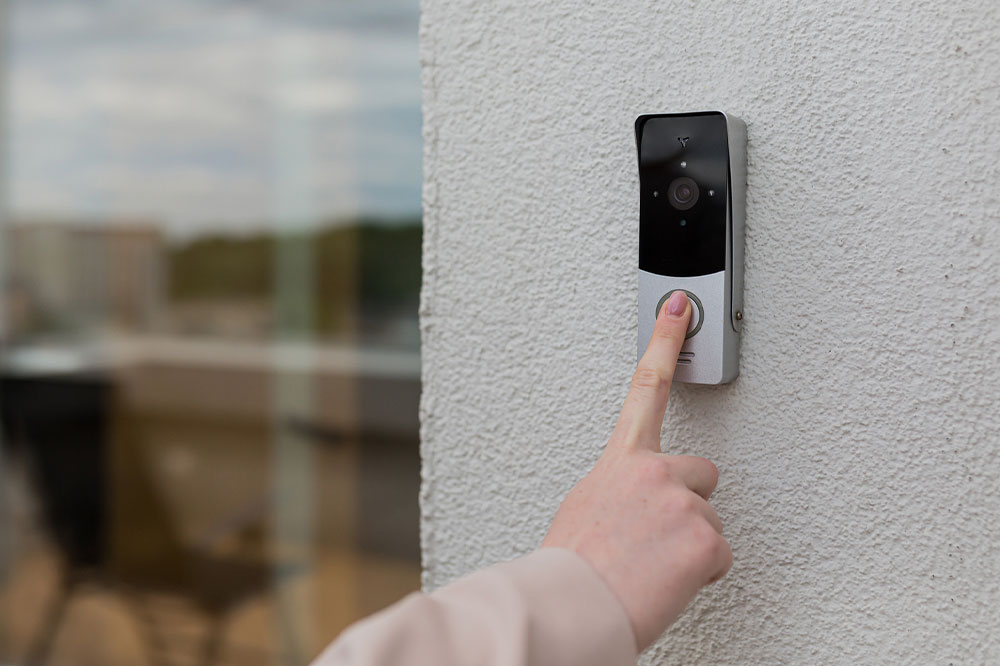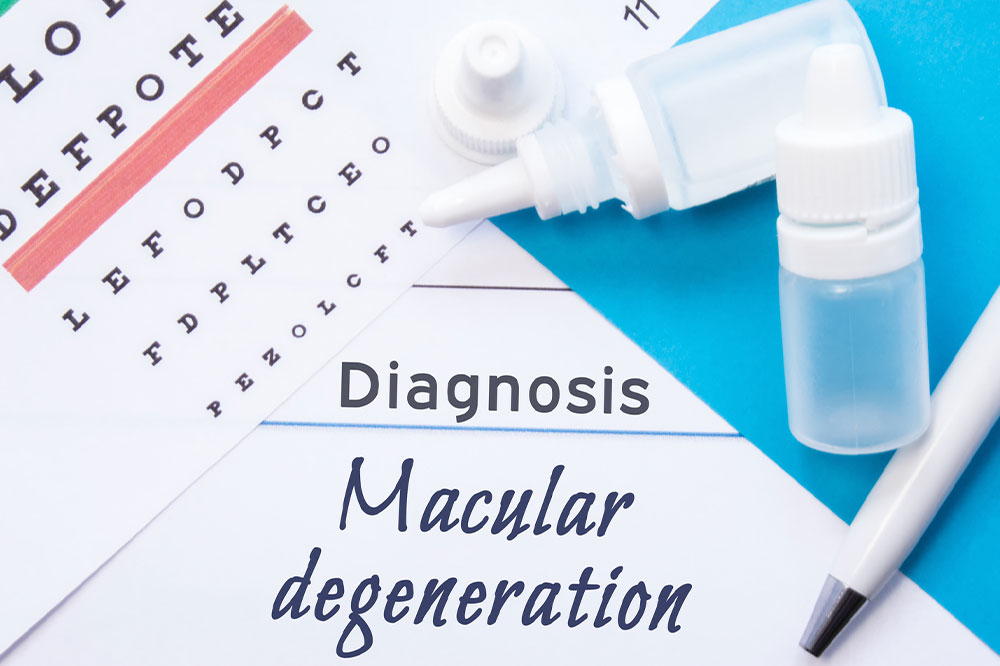8 signs it might be time for assisted living

A s one grows older, one might start to notice certain challenges when it comes to mobility and cognitive functions. So, while one might be capable of doing things on their own initially, they might eventually require additional care and support for multiple things from a professional or an assisted living community. Several telltale signs can help caregivers identify if a senior may benefit from an assisted living community.
1. Deteriorating health
A chronic health condition that keeps getting worse by the day is a common indicator that one might require additional care. While one might try to handle their loved one’s condition independently, some might require professional care. If this is the case, one should partner with a team of trained members dedicated to the well-being of such situations, such as by moving the senior to an assisted living facility.
2. Changes in hygiene
A senior might be living with a health condition but still manage to take care of basic hygiene. However, deteriorating health and mobility issues might cause them to stop caring for themselves. One might notice changes in one’s hygiene, such as greasy, unkempt hair, body odor, or dirty fingernails that are too long, broken, or jagged. Poor hygiene could result from self-neglect, defined as the person’s inability due to a physical or mental impairment or diminished capacity to perform essential self-care tasks. Other signs of self-neglect could include refusal to take treatment options or poor management of prescription routines, malnutrition or dehydration, unsanitary living conditions, and inadequate or no food in the house. If one notices these signs, one should intervene and discuss moving the elder to an assisted living facility.
3. Frequent periods of isolation
Older adults with few social ties who live alone, are hard of hearing or have mobility issues might slowly start to isolate themselves. Seniors with these issues might also intentionally isolate themselves, which might further lead to other mental health complications. Signs of isolation often include loss of interest, withdrawal, poor nutrition, poor living conditions, and hoarding. So, isolated seniors might receive better care at an assisted living facility.
4. Increased safety concerns
Sometimes, a family member might notice a senior loved one needing help navigating the stairs in their home or seeming forgetful. If this is the case, they might no longer be safe living independently. Seniors might put themselves at risk of falls and other accidents at home, which might cause fractures or brain injuries. Furthermore, impaired memory could also aggravate health problems. An assisted living facility has all safety measures, such as security systems, mobility assistance features like grab bars and ramps, and enhanced lighting to reduce the risk of safety hazards.
5. Trouble managing daily tasks
Seniors may need help with daily tasks, such as cooking food, bathing, or putting clothes on, as they may struggle to do these activities because of mobility issues or cognitive decline. These signs indicate deterioration of overall health, which might need immediate attention. Sometimes, seniors may neglect their health and stop eating. They might forget to take prescriptions or visit their doctor. Some may also have pets that appear neglected and malnourished. Caregivers who notice this should consider assisted living facilities.
6. Inability to manage finances
Forgetfulness, self-neglect, and memory loss could have several negative outcomes, such as not managing one’s finances. Moreover, seniors who live alone and have trouble with mental health might also be exploited financially, all of which could amount to substantial debt. They may fall prey to predatory lending, Internet phishing, investment schemes, identity theft, and Medicare scams. If one suspects a loved one is being scammed, one could report it to the relevant authorities, such as the Department of Justice. If one notices that a loved one forgets to pay their bills or cannot keep up with payments, it is probably because of declining cognitive health. In that case, caregivers should consider assisted living facilities.
7. Lack of success in at-home care
Sometimes, caregivers might opt for at-home care for seniors who cannot handle all tasks independently. But sometimes, various conditions or circumstances may not allow an at-home care professional to adequately handle all needs . Suppose a caregiver observes that at-home care isn’t really helping. In that case, the senior might find their physical and mental conditions better addressed at an assisted living facility.
8. Repeatedly wandering away and forgetting directions
One of the most common signs that a senior might require additional support is if they tend to wander away from home or experience difficulty remembering details. These are typically signs of cognitive decline or memory impairment; they pose a serious threat to one’s safety if they remain undiagnosed or ill-managed. Assisted living facilities are equipped to provide the necessary support and supervision for individuals experiencing such challenges. They also ensure overall well-being and assist with daily activities and tasks, which are typically helpful for seniors with physical and mental limitations. An assistive facility may have features like automatic door locks to protect residents from wandering outdoors.







